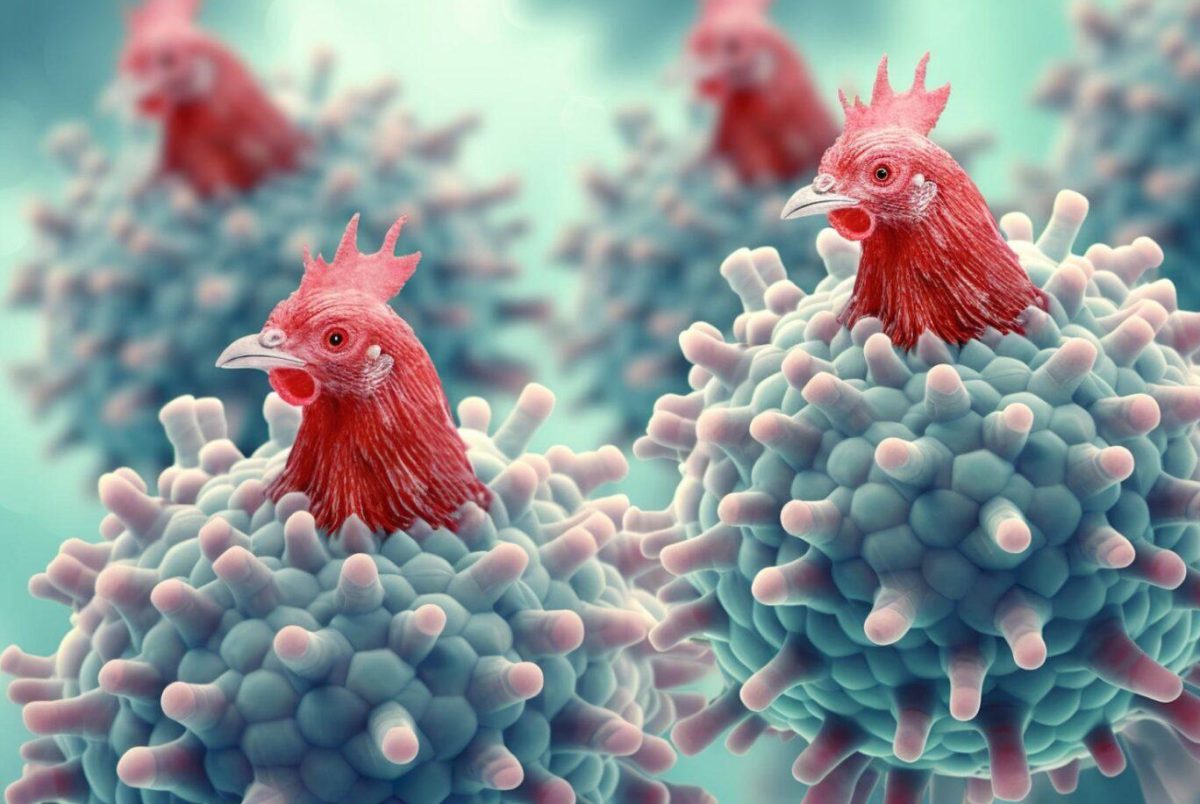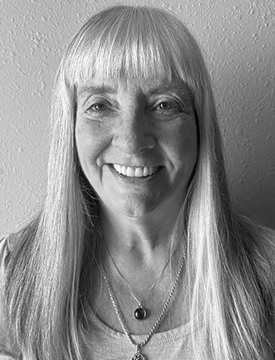Grossmont College is missing a key component to health.
Oral health is not covered in the six health field programs offered at the college, nor is it available at the Student Health Center.
Health programs available at Grossmont include Telemetry/ECG, Occupational Therapy, Cardiovascular Therapy, Respiratory Therapy and Orthopedic Technology. According to Dr. Deborah Chow, the associate dean of nursing, the process of getting accepted into these programs is based on prerequisites, equity and a point system. Total success is the goal for each student, as well as for the division of Allied Health and Nursing.
Dr. Nancy Saks, the division’s senior dean, said the division strives to equip the school with up-to-date equipment within all the departments of health. She was enthusiastic about a piece of equipment recently donated to the Respiratory Therapy Department. Another recent development she was happy to report is the new addition of a food pantry outside the faculty offices in order to help any student having food insecurities and where all students may have access to. After all, food is important to health and some students may not have the money to afford what they need.
Overall, the programs do not have any specific oral health component to them. Nursing students do not collaborate with dental hygiene students, nor have registered dental hygienists (RDHs) or registered dental hygienists in alternative practice (RDHAP), participated as guest speakers. Saks, however,said she supports the idea of possibly having dental hygienists be guest speakers in the health programs.
No one should be without proper affordable oral health care. College-aged students are particularly at high risk of cavities, gum and bone disease, and Herpes Simplex Virus to name a few oral diseases. These things left unchecked can lead to serious consequences, even death.
Head and neck screenings, sealants, fluoride, and prophies are some preventive measures performed regularly by dental hygienists.
A prophy is a type of professional cleaning that does not involve periodontal (gum and bone) disease, a common, but preventable disease. Prophies start in childhood and are not the deep cleaning type of cleaning once bone loss occurs. Prophylaxis is the name billed to insurance companies. Deep cleaning and root planing costs more time, money, progression of disease and its treatment. This is the time students can put a stop to this negative progress. Seek a dental hygienist to maintain good overall health. Total health must include oral health.
All students can take advantage of the Student Health Center as well. The Center has one registered nurse, according to Elaine Adlam. Mental health professionals have also been hired onsite to address students’ needs. The center offers these services free of charge and will assist students who require off-campus services as well.
The Greek Goddess Hygea means health, which is where the name hygienist comes from. The first school of dental hygiene was started in Bridgeport, Connecticut, by Dr. Alfred C. Fones in 1913. Dental hygienists are prevention specialists in healthcare.
Dental hygienists offer a key component to overall total health. Healthy mouths get a prophy and not a deep cleaning. However, whatever type of professional cleaning it is, part of the treatment to stop progression of disease, which can affect many diseases of the body including heart disease, dementia and pneumonia.
Maybe it’s time to think about establishing an RDH/RDHAP office on this campus within the Student Health Center.









